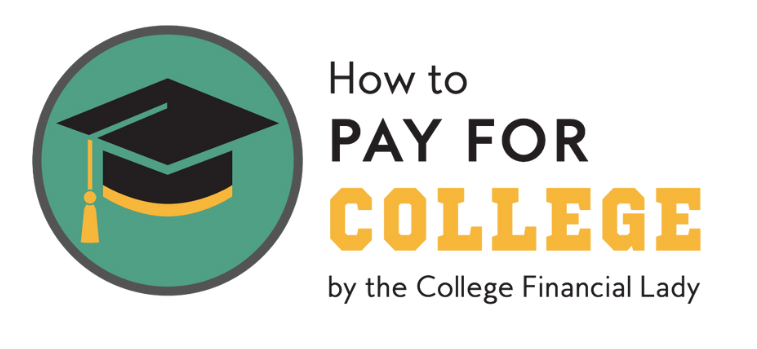Here Is What I Want You to Know
Last week I spoke to a group of financial advisors about college planning. Like most speakers, I try to prioritize the most important things when I speak to a group. And after spending a bit of time thinking about the most important things, I realized I should share them here as well. So here are my Most Important Things to Know for a successful college journey
Switch your thinking from "Which college?" to "Why college?"
Focusing on which college you'll go to gets you into all sorts of traps, especially ones involving money. There isn't one small group of colleges functioning as gatekeepers to successful adulthood. If you look around, you'll notice all sorts of successful people you know went to all sorts of different colleges-- highly selective private schools, community colleges, all types of public schools and probably even some alternate pathways. What successful people tend to have in common is that they got the most out of their college experience, no matter what campus provided that experience.
If you shift your thinking away from which college your student will attend to why you want them to go to college-- what skills and knowledge do you want them to acquire? who is the person you're hoping to shape through this experience? what does the future look like?-- you'll discover that many colleges and many pathways will get them there. And some of them might be a little more forgiving on your wallet than others.
Don't over-index on the FAFSA
For many families, planning for the FAFSA is the least important part of their planning journey, but it's the one they spend the most time on. I see this happening in a few different ways:
High-income families scrambling around trying to hide their assets before filing the FAFSA when their income is too high for their assets to make any difference.
Lower income families with low Student Aid Indexes who are eligible for need-based financial aid but only apply to colleges that don't offer it, such as out-of-state public schools.
Don't get me wrong; the FAFSA is important. But equally if not more important is what the colleges do with your FAFSA once they get it. If you have need, you need to apply to colleges that meet need. If you don't have need, you should still file the FAFSA but don't stress out about planning for it.
And, most people do not need to file the FAFSA on Oct. 1 (or whatever day it comes out). Financial aid is allocated by the colleges, and most of them don't even have your application on Oct. 1.
Savings creates choices
If someone tells you that you'll get more financial aid if you don't save for college, please ignore Every. Single. Thing. they say on the topic of college planning. Savings have a negligible impact on financial aid-- every $1,000 of savings reduces aid eligibility by $56. But savings does create choices, so you should save as much as you reasonably can. Ideally in a 529 because tax-free savings is worth more than taxable savings.
Student loans aren't inherently bad
The federal direct student loan is a perfectly reasonable investment for a student to make in their college education. Contrary to the standard narrative, not all student loans are one-way tickets to the poor house. Federal direct student loans are limited in amount, have reasonable interest rates and don't require parents to co-sign. If a student loan is the difference between going to college and not going to college, or between going to a perfect-fit college where you know you'll graduate in four years versus one that's not a fit where you might end up transferring or taking more than four years, then a student loan is a great choice. But stick within the limits of the federal student loan system. The old adage about "don't borrow more than your expected first year salary" is pretty risky when the highest-paying majors also have the highest attrition rates.
That's my TED talk! If you want more, pick up a copy of my book, How to Pay for College.
